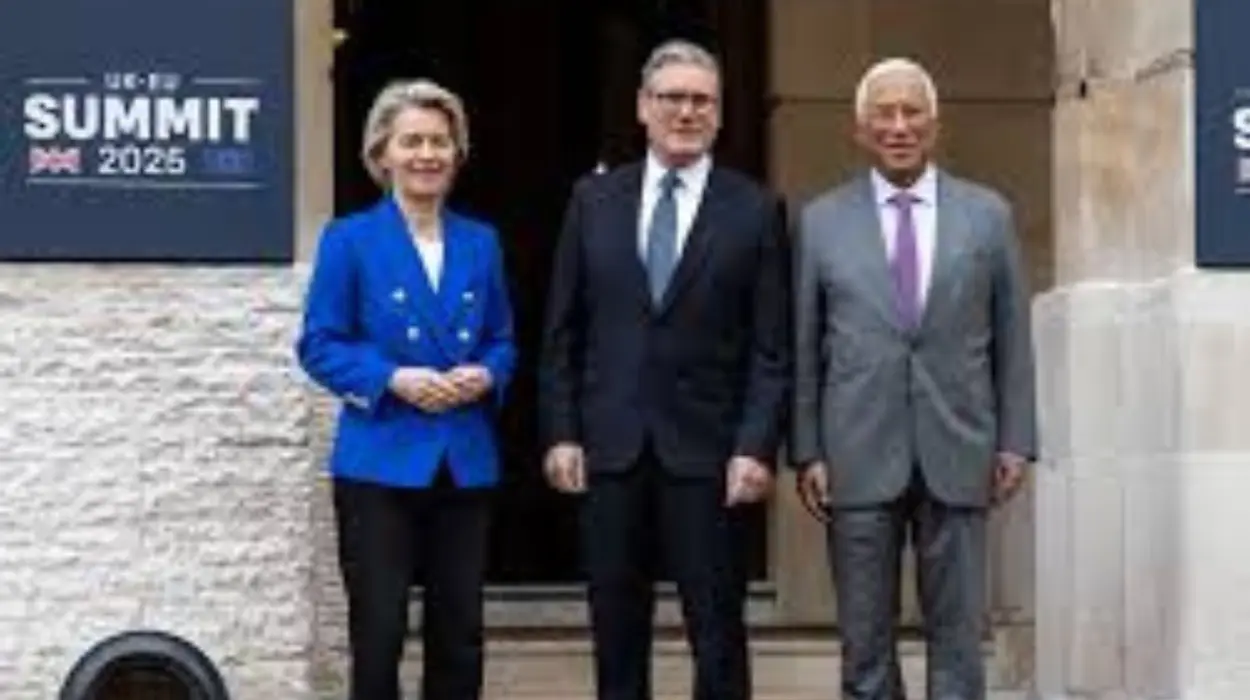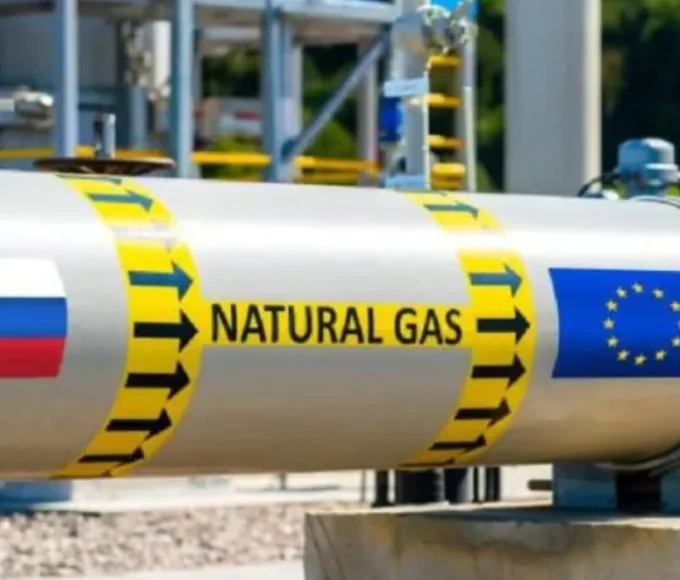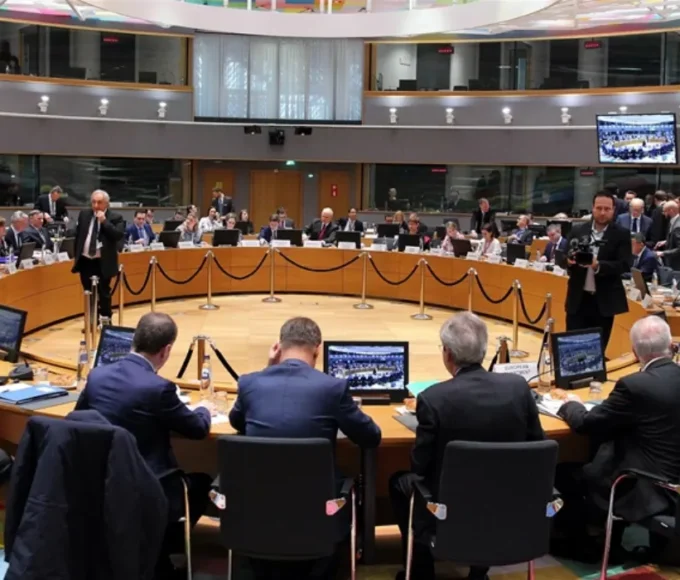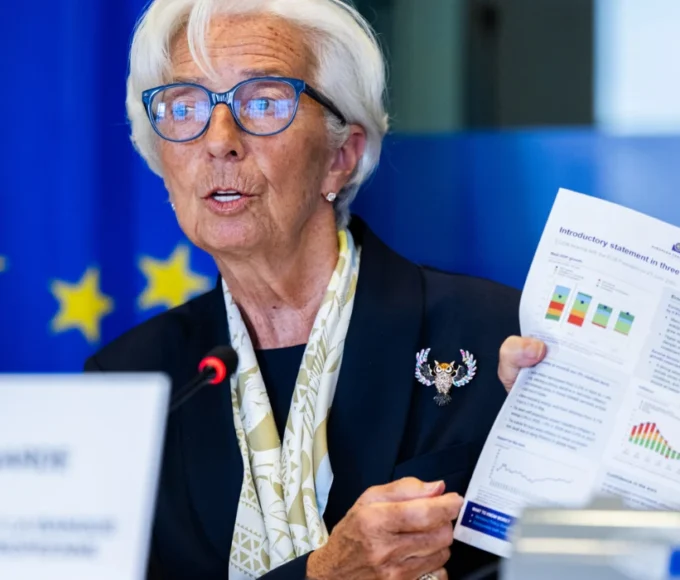On 19 May 2025, the United Kingdom and the European Union convened their first summit since Brexit in London, culminating in a renewed agenda designed to deepen cooperation across a broad spectrum of areas. This “Common Understanding” builds on the foundations of the Withdrawal Agreement, including the Windsor Framework, and the Trade and Cooperation Agreement (TCA), reaffirming the commitment to their full and timely implementation. The agreement signals a pragmatic reset in EU-UK relations, aiming to foster stability, security, and prosperity for both sides.
A New Strategic Partnership: Scope and Commitments
Strengthening Trade and Economic Relations
The UK and EU agreed on measures to ease border frictions and facilitate trade flows, addressing key pain points that have emerged since Brexit:
- Most food and plant checks will be removed, allowing goods to move more freely and reducing administrative burdens and delays at borders.
- A new sanitary and phytosanitary (SPS) agreement establishes rules for health, food safety, and consumer protection, enabling the majority of animal and plant product movements without certificates or controls.
- The agreement links emissions quotas between the UK and EU, preventing double taxation via EU carbon taxes and supporting a level playing field.
- The deal is projected to add nearly £9 billion ($12 billion) annually to the UK economy by 2040.
- The UK government emphasized that the deal respects key manifesto commitments: no return to the EU single market, customs union, or freedom of movement.
Enhancing Security and Defence Cooperation
A new Security and Defence Partnership was established, providing a framework for enhanced dialogue and joint action:
- The partnership includes semi-annual political dialogues on foreign affairs and security, plus an annual defence summit.
- Cooperation extends to supporting Ukraine, defence industry collaboration, mobility of military materiel and personnel, space security, cyber security, countering hybrid threats, and resilience of critical infrastructure.
- The UK gains access to the EU’s SAFE fund, supported by a €150 billion European loan facility for purchasing military equipment produced in member states or security partners.
- Regular high-level consultations will foster strategic alignment and peacebuilding efforts.
Maritime Security and Fishing Rights
Fishing rights, a historically contentious issue, were addressed with a long-term agreement:
- Reciprocal fishing access is guaranteed until 30 June 2038, providing stability and certainty for coastal communities and the fishing industry.
- The UK government committed £360 million to modernize the fishing fleet, upskill workers, support seafood exports, boost tourism, and revitalize coastal areas.
- The SPS agreement also benefits the British fleet by reducing export costs and red tape.
Mobility, Education, and Migration
The renewed agenda includes initiatives to enhance people-to-people ties and address migration challenges:
- Both parties agreed to develop a youth mobility scheme, potentially allowing young people to work and travel freely in Europe, modeled on existing UK agreements with Australia and New Zealand.
- The UK is set to reintegrate into the Erasmus+ program, facilitating student and academic exchanges.
- On migration, the agreement prioritizes tackling illegal immigration, with joint commitments to combat dangerous Channel crossings and improve return processes for irregular migrants.
- Best practice sharing will focus on key issues such as expulsion to third countries.
Climate and Environmental Cooperation
- The UK and EU declared intent to link their carbon markets operationally, addressing trade and competition concerns while promoting green growth.
- Cooperation on climate security will be strengthened in multilateral fora where both parties are active.
Reactions and Perspectives
UK Government
Prime Minister hailed the agreement as a “new era” that supports British businesses, jobs, and consumers by reducing costs and improving border efficiency. The deal is framed as a fulfillment of the government’s core mission to grow the economy while maintaining sovereignty.
Nick Thomas-Symonds, Minister for European Union Relations, described the summit as historic, emphasizing delivery on jobs, bills, and borders, and positioning Britain as “back on the world stage.”
European Commission
President Ursula von der Leyen underscored the importance of respecting each party’s decision-making autonomy while deepening cooperation on shared values such as democracy, human rights, and the rule of law.
The Commission highlighted the agreement as a foundation for a strategic partnership addressing global challenges, economic stability, and security.
Industry and Stakeholders
Business groups welcomed the easing of trade barriers and the commitment to supply chain resilience, noting that reduced red tape will benefit exporters and importers alike.
Fishing communities expressed cautious optimism, appreciating the long-term access guarantees and government investment, though some remain vigilant about future negotiations.
International Observers
Analysts view the renewed agenda as a pragmatic and balanced approach to post-Brexit relations, blending respect for sovereignty with the economic and security realities of close geographic neighbors.
The defence cooperation agreement is seen as a significant step toward rebuilding trust and strategic alignment after years of uncertainty.
Summary
The 2025 UK-EU summit and the resulting Common Understanding mark a pivotal moment in post-Brexit relations. By reaffirming existing agreements and establishing new frameworks for cooperation in trade, security, defence, migration, and climate, both sides have opened a new chapter focused on partnership and mutual benefit. While political and economic challenges remain, this renewed agenda offers a pragmatic path forward to strengthen ties and address shared global and regional priorities.








